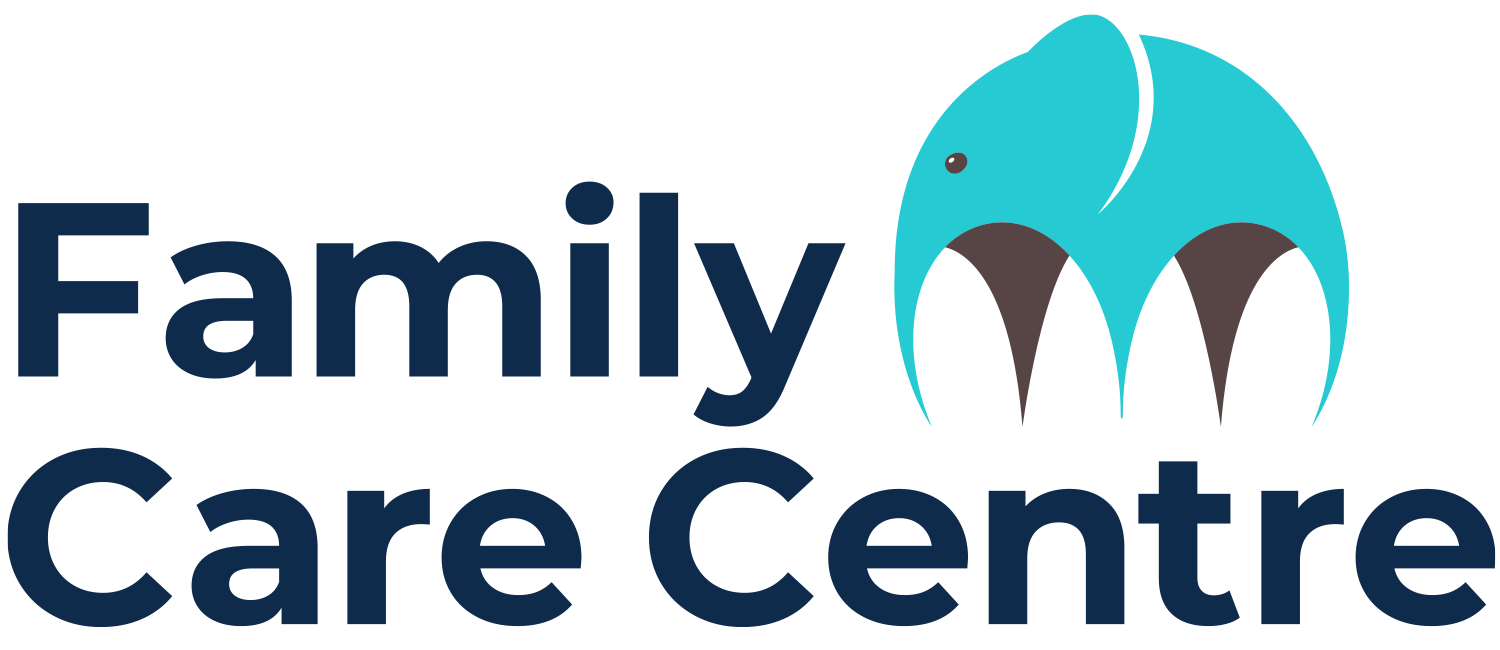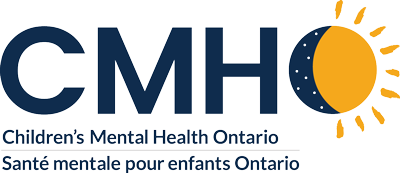A version of this article originally appeared in the Toronto Sun.
As leaders in children’s health services, we acknowledge the complexity of the current situation: our province is facing high rates of COVID-19 spreading in our communities—including among children. There is no easy answer as we weigh what’s best for our children’s physical and mental health. But our response must not leave kids behind.
Long-term school closures can harm the mental health and development of children. As Ontario’s lock down continues and online learning is extended for schools in southern Ontario, once again children and youth face incredible challenges, isolation, disruptions and delays or cancellation of health services.
Research and evidence from around the world has shown school closures lead to decreased educational outcomes, including lower literacy and math delays and increased school failure rates, worsening mental health, suicidality and substance use, increased food insecurity, increased domestic abuse and reduced socialization for kids. Both the short and long term consequences for an entire generation of children are enormous.
That’s why our position continues to be that schools should always be the last doors to close and among the first to re-open.
If we want schools to re-open as planned, there are clear steps the province must take now to prepare. Of course, as grown-ups, we all need to do our part to reduce community transmission.
We must support schools with greater infection prevention control measures, including physical distancing.
While it may be unclear yet whether the high rates of COVID-19 infection seen in children aged 12- 13 years old in early January were traced to community or school spread, we can’t ignore the spike in the number of children testing positive for COVID-19. We support SickKids’ recent call for a robust testing-tracing-isolate-support strategy to control COVID-19 transmission as well as to collect data and insights necessary to understand both incidence and transmission in a school setting.
The province should undertake a risk stratified approach to identify the schools with challenges implementing infection prevention and control measures and focus efforts in particularly supporting them.
Additionally, since there is no approved vaccine for children, our vaccine strategy must consider those in their ecosystem, with a focus on protecting children who are most vulnerable. Parents, caregivers, teachers, community-based healthcare providers and early childhood educators should be prioritized for vaccination.
We also need to prioritize health equity in our strategies. School closures are particularly hard on children with disabilities and children from racialized, marginalized and low-income families. Local community context and needs must be accounted for both to support vulnerable and under-served children and families while schools are closed, as well as when they return.
As the above steps are taken to prepare for school reopening, children’s health experts must have a seat at the decision-making table as Ontario considers strategies to best ensure the safety and well-being of our kids.
During the pandemic as parents struggle to work and facilitate education for their children at home due to school closures, there is widespread recognition by parents and the community at large of the essential caretaking and child development role schools and educators play in society. We have a growing appreciation for the central role of education in the social, health and economic prosperity and stability of our communities.
Grown-ups have a responsibility to protect our children. We must create the safest environment possible for everyone. That starts with ensuring that all factors of children and family health, social and mental well-being are top of mind when it comes to making the difficult decisions that impact Ontario’s families and children.
Julia Hanigsberg, President and CEO, Holland Bloorview Kids Rehabilitation Hospital and writing on behalf of Ontario’s Children’s Hospitals
Dr. Jeffrey Pernica, Chief of Pediatric Infectious Diseases, McMaster Children’s Hospital
Kimberly Moran, Chief Executive Officer of Children’s Mental Health Ontario and writing on behalf of the community mental health and child development and rehabilitation sector
Related article:
New Statement: Our Children Are Not Okay







0 Comments